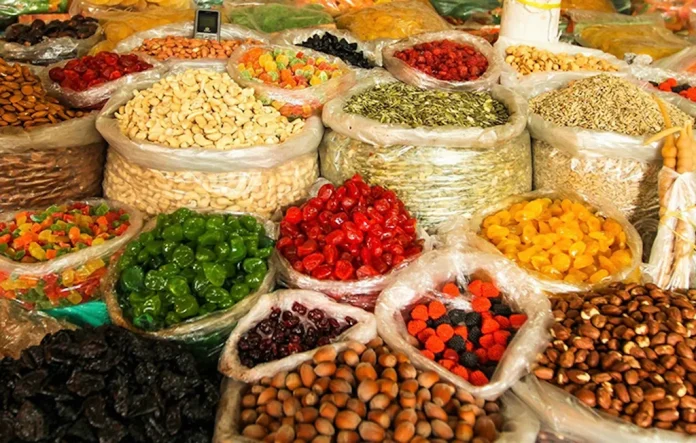… Call For Government Intervention
BY NEMI GODSGIFT
The rising cost of food in Nigeria has become an urgent national concern, with households across the country grappling with the impact of surging prices.
Recent report by the National Bureau of Statistics (NBS) reveal that the prices of rice, garri, beans, and yam surged astronomically by over 130 per cent in April 2024 on a year-on-year basis, worsening Nigeria’s economic misery.
A concerned citizen, Mr. Ifeanyi Victor decried the escalation in food prices as a reflection of the broader challenges of a worsening cost of living.
“The recent spike in the cost of staples has added significant pressure on household budgets. Families are now struggling to afford basic necessities, especially those from low-income backgrounds who already spend a large portion of their earnings on food. This sharp rise in prices poses a threat not only to food security but also to the overall well-being of communities across the nation, “ he said.
The drivers of this situation are complex and multifaceted, including inflation, supply chain disruptions, and the ever-present challenge of climate change. While these factors create a perfect storm of economic instability, the time has come to move beyond identifying the problem and focus on actionable solutions.
This is not just an economic issue; it is a humanitarian one. Access to affordable and nutritious food is a basic human right. As a society, we must address this crisis with urgency and purpose, or risk exacerbating the already dire issues of poverty, hunger, and malnutrition.
Mr. Victor also pointed out that fluctuations in food prices can sometimes be eased through good agricultural harvests. He explained that bumper crops of yams, potatoes, and cassava could lead to increased supply, which may lower the cost of related products like garri, beans, and rice.
When raw materials for garri production, for example, become more affordable due to abundant supply, the cost of producing garri decreases, which ultimately benefits consumers. A strong agricultural output can thus stabilize, or even reduce, the prices of staple foods.
However, Victor cautioned that while good harvests are beneficial, other factors such as transportation costs, market demand, and government policies also play critical roles in determining the final prices of foodstuffs.
Moreover, external influences like weather conditions and global market trends can affect agricultural productivity and supply, further contributing to price volatility.
In response to this crisis, he called for a national conversation on food security, bringing together policymakers, producers, and consumers to collaboratively find solutions.
He stressed the importance of forging a path toward a more stable and affordable food market, emphasizing that the time for action is now.


